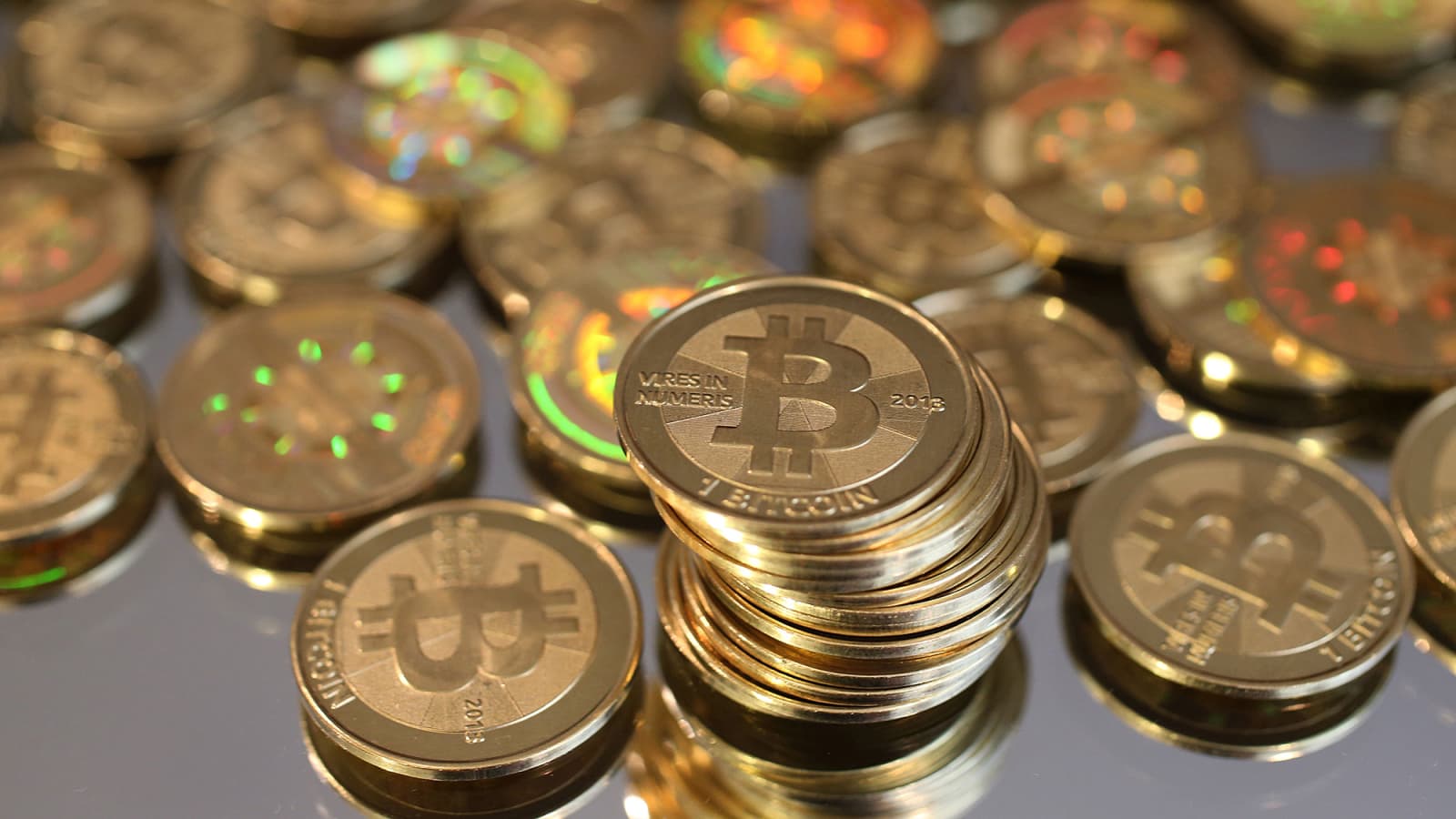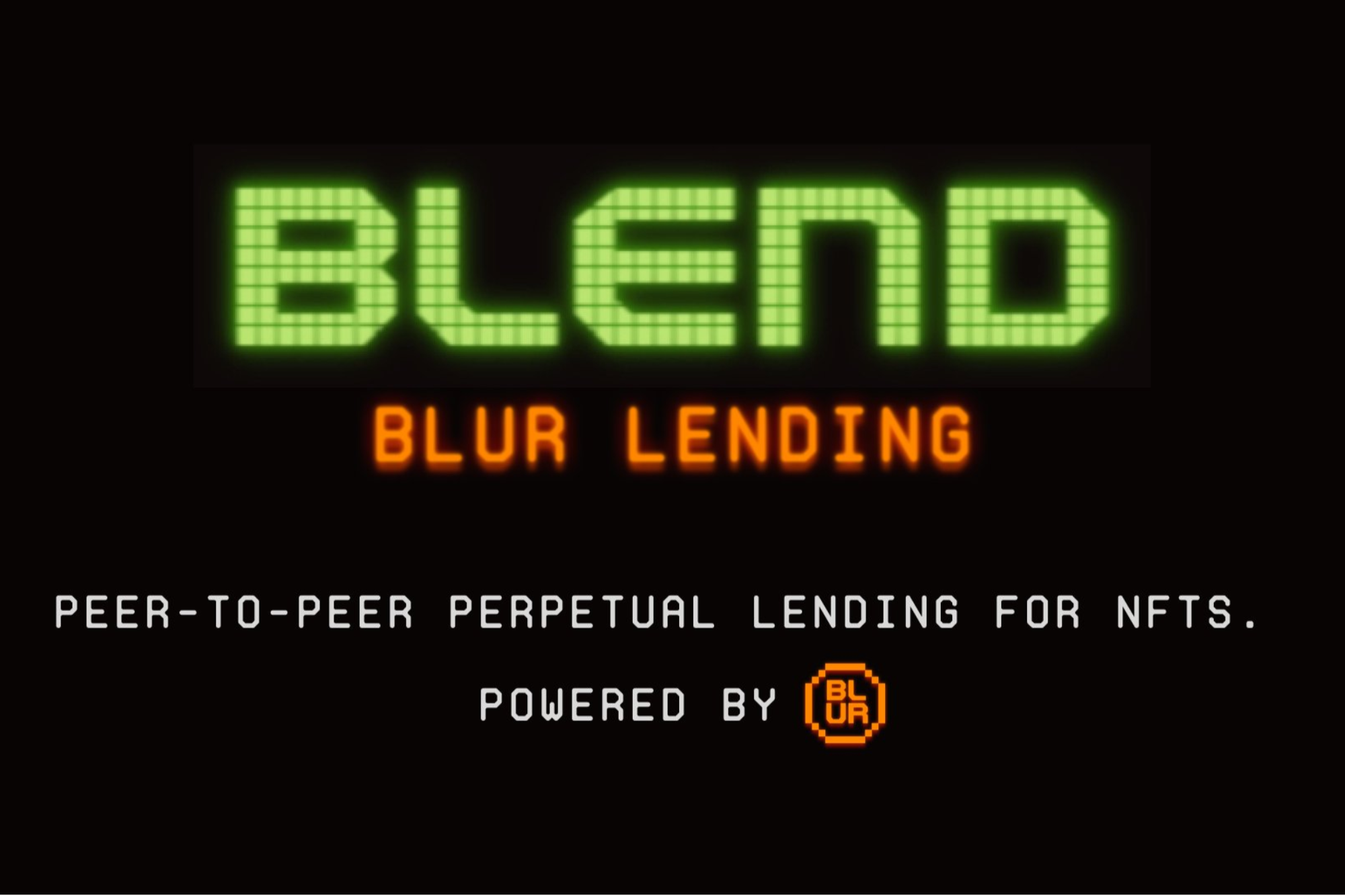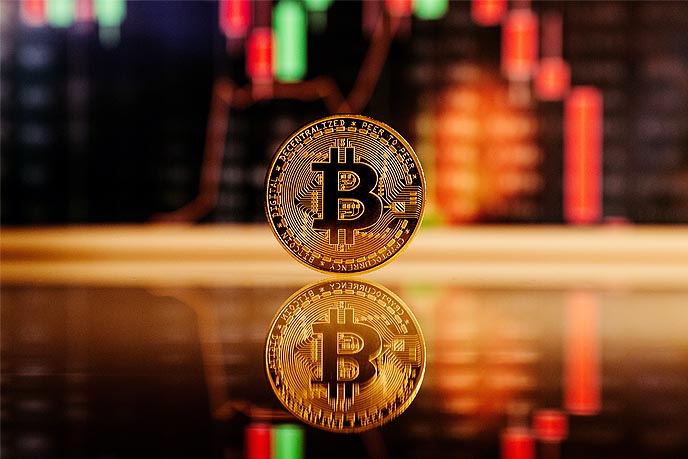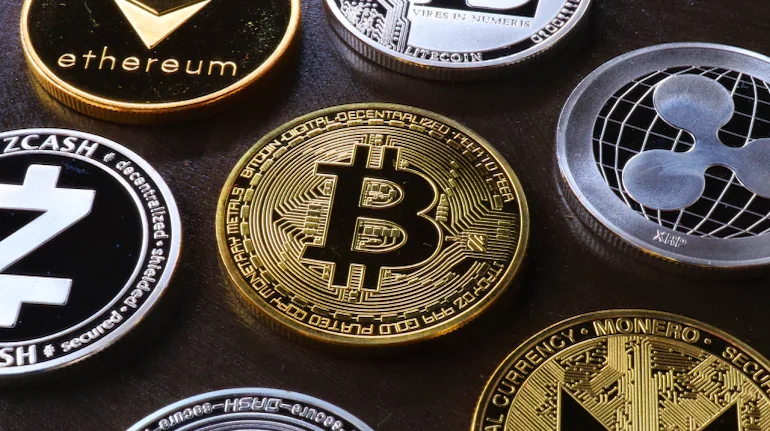Buy Ripple - Your Guide to Purchasing Ripple Cryptocurrency
Looking to invest? Learn how to buy Ripple, the popular cryptocurrency, with our step-by-step guide. Start your journey today.
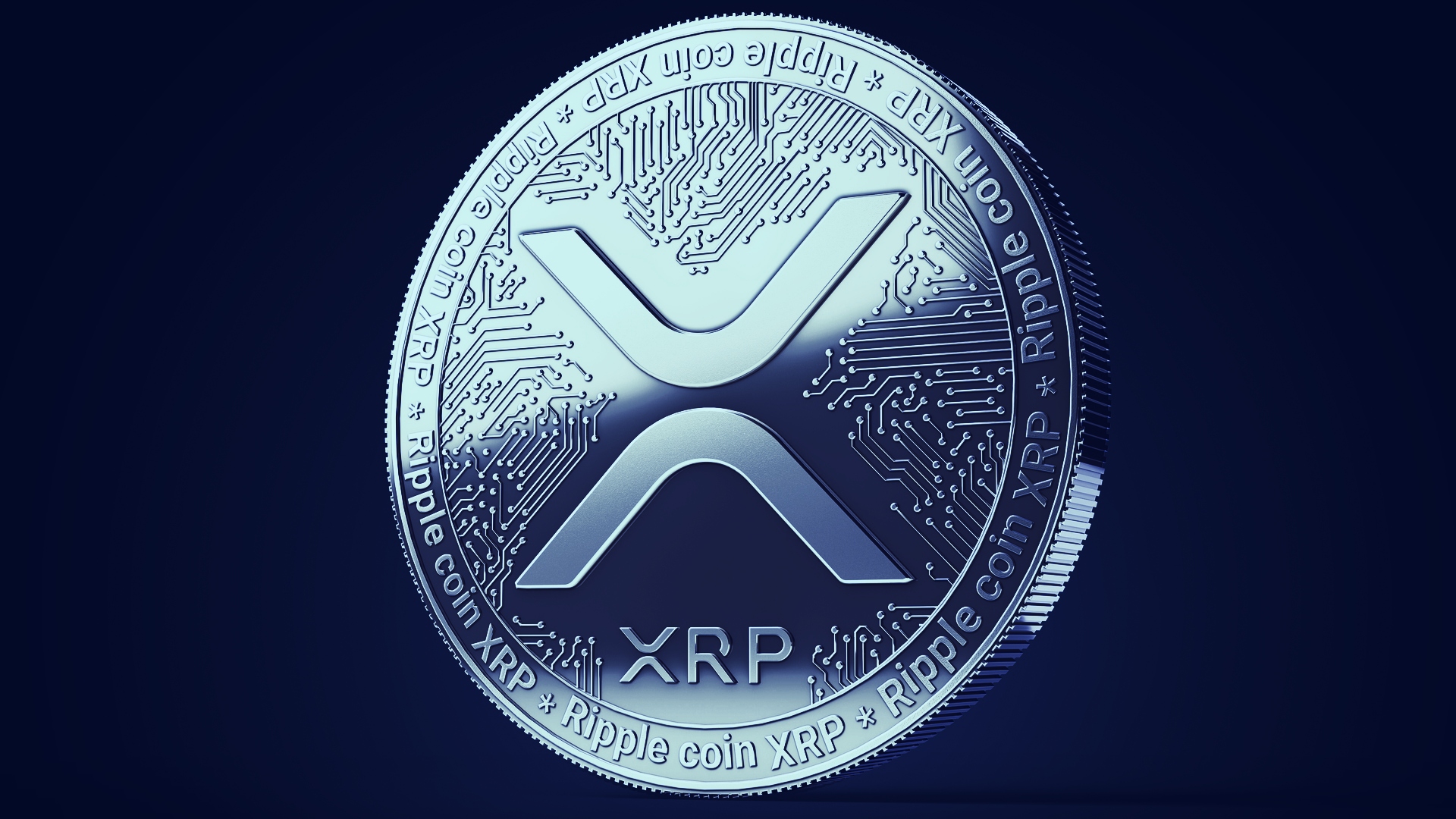
How to Buy Ripple: A Comprehensive Guide for Crypto Investors
In the ever-evolving world of cryptocurrency, Bitcoin is undoubtedly the trailblazer. However, if you're looking to diversify your crypto portfolio or explore alternative digital assets, Ripple (XRP) can be an excellent choice. In this comprehensive guide, we'll not only cover how to buy Ripple but also discuss the broader context of investing in cryptocurrencies. So, if you're ready to take the plunge and venture beyond Bitcoin, read on to discover how to buy Ripple online and the best sites to do so.
Why Consider Ripple?
Before delving into the specifics of buying Ripple, it's crucial to understand why you might want to invest in it. Here are a few reasons to consider Ripple:
Diversification: While Bitcoin remains the king of cryptocurrencies, diversifying your portfolio can mitigate risk. Ripple offers an alternative investment opportunity with its unique features.
Speed and Efficiency: Ripple's blockchain technology is known for its fast transaction speeds and low fees, making it attractive for both individual users and financial institutions.
Institutional Adoption: Ripple has established partnerships with major financial institutions worldwide, hinting at the potential for wider adoption and use in the financial industry.
How to Buy Ripple
Create a Cryptocurrency Wallet: The first step in buying Ripple online is to set up a secure cryptocurrency wallet. There are various types of wallets, including hardware wallets, software wallets, and online wallets. Choose one that suits your preferences for security and accessibility.
Choose a Cryptocurrency Exchange: To buy Ripple online, you'll need to register with a cryptocurrency exchange that supports XRP. Some popular exchanges include Coinbase, Binance, Kraken, and Bitstamp. Research each platform to determine which one aligns with your needs and location.
Complete Verification: Most exchanges require users to complete a Know Your Customer (KYC) verification process. This involves providing identification documents to comply with regulatory requirements.
Deposit Funds: Once your account is verified, deposit funds into your exchange account. You can typically use fiat currency (such as USD or EUR) or other cryptocurrencies (like Bitcoin) to fund your account.
Place an Order: After funding your account, navigate to the trading section of the exchange. Specify the amount of Ripple (XRP) you want to purchase and the price at which you want to buy it. There are various order types, including market orders and limit orders, each with its advantages.
Securely Store Your Ripple: After buying Ripple, it's essential to transfer it to your cryptocurrency wallet for added security. Never leave your digital assets on an exchange for an extended period, as they can be vulnerable to hacks.
Investing in Bitcoin
?Why Bitcoin?: Bitcoin, often referred to as digital gold, has captured the attention of investors worldwide. Understanding why you might want to invest in Bitcoin is the first step.
Buying Bitcoin: The process of buying Bitcoin is similar to that of buying Ripple. You'll need a wallet, choose an exchange, complete verification, deposit funds, and place an order.
Holding and HODLing: Some investors choose to hold their Bitcoin for the long term, believing in its potential as a store of value. The term "HODL" has become synonymous with holding onto Bitcoin during market fluctuations.
Best Sites to Buy Bitcoin and Ripple
Coinbase: Coinbase is a user-friendly platform known for its simplicity. It supports both Bitcoin and Ripple, making it an excellent choice for beginners.
Binance: Binance is one of the largest cryptocurrency exchanges globally and offers a wide range of cryptocurrencies, including Bitcoin and Ripple. It's known for its competitive fees and advanced trading features.
?Kraken: Kraken is a reputable exchange known for its security measures. It provides a variety of trading pairs, including BTC/XRP.
Managing Your Cryptocurrency Investments
Diversify Your Portfolio: While this guide primarily focuses on Ripple and Bitcoin, diversification is a fundamental strategy in crypto investing. Consider allocating your investments across various cryptocurrencies to spread risk.
Stay Informed: The cryptocurrency market is highly dynamic, and prices can fluctuate rapidly. Stay informed about the latest news, technological developments, and market trends by following reputable crypto news sources and forums.
Security Practices: Protecting your cryptocurrency holdings is paramount. Regularly update your wallet's security features, enable two-factor authentication (2FA), and store your private keys offline in a secure location.
Long-Term vs. Short-Term: Determine your investment horizon. Are you looking for short-term gains, or do you have a long-term perspective? Your strategy should align with your financial goals.
Ripple and Bitcoin: A Comparative Analysis
Use Cases: Ripple is primarily designed for facilitating cross-border payments and settlements for financial institutions. Bitcoin, on the other hand, is often considered digital gold and a store of value, with a focus on decentralization and censorship resistance.
Technology: Ripple uses a consensus algorithm called XRP Ledger, while Bitcoin relies on proof-of-work (PoW) mining. These differences have implications for transaction speed, energy consumption, and scalability.
Market Capitalization: Bitcoin typically dominates the crypto market in terms of market capitalization, while Ripple holds a smaller share. Market cap can affect liquidity and stability.
Regulation: Both cryptocurrencies are subject to regulatory scrutiny, but the nature of these regulations varies by region. Keep an eye on regulatory developments that may impact your investments.
Risks and Challenges
Volatility: Cryptocurrencies are known for their price volatility. Be prepared for rapid price swings and potential losses.
Regulatory Risks: Regulatory changes can have a significant impact on the cryptocurrency market. New regulations may affect how you can buy, sell, and trade Ripple and Bitcoin.
?Security Concerns: Cryptocurrency exchanges and wallets can be vulnerable to hacks. Always prioritize security and consider using hardware wallets for long-term storage.
Lack of Consumer Protections: Unlike traditional financial systems, cryptocurrencies may offer limited recourse in case of errors or fraud. Double-check all transaction details before confirming.
Investing in cryptocurrencies like Ripple and Bitcoin can be a rewarding endeavor, but it's not without its challenges. The crypto market is still relatively young and evolving, and its inherent risks should not be underestimated. Nevertheless, with careful research, responsible risk management, and a long-term perspective, you can navigate the crypto landscape and potentially benefit from the opportunities it presents.
Remember that this guide serves as an introduction, and you should continue to educate yourself, seek advice from financial professionals if necessary, and make informed decisions based on your individual circumstances and goals. Cryptocurrencies have the potential to reshape the financial landscape, and by understanding how to buy, manage, and invest in assets like Ripple and Bitcoin, you can position yourself for success in this exciting and dynamic market.
What's Your Reaction?












